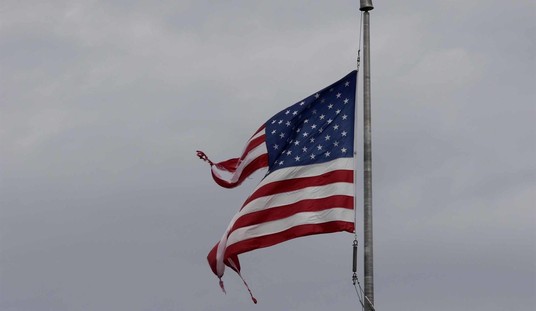Eight of the nine justices on the highest court in the land have filed their annual financial disclosures. These reports, released to the public on Tuesday, detail the incomes, gifts, liabilities, and outside positions of each justice serving on the United States Supreme Court.
The reports were due May 15 for eight of the justices. According to the Administrative Office of the U.S. Courts, Justice Samuel Alito requested a 90-day extension, as he has done previously.
Three of the justices reported considerable outside income from books in the last year. Ketanji Jackson recorded receiving a book advance payment from Penguin Random House for over $2 million. She also received reimbursements for thirteen "book events".
Justices Sonia Sotomayor and Neil Gorsuch also brought in additional money from book deals, according to the reports. Sonia Sotomayor reported over $70,000 in book royalties from Penguin Random House LLC and an additional $60,000 in an advance payment. Sotomayor said that she visited the Coterie Theatre in Kansas City, Missouri, to "review a workshop performance" of "Just Ask," her children's book that was adapted as a musical. The trip was valued at $1,437, according to her own report.
Gorsuch claimed over $250,000 in book royalty income from Princeton University Press and HarperCollins Publishers LLC. He also listed reimbursements for three separate "Participations in book-related events" and $30,000 from teaching at George Mason University.
Recommended
Brett Kavanaugh and Amy Coney Barrett both reported income from teaching at the University of Notre Dame Law School, claiming over $30,000 each in their individual reports. Kavanaugh continues to coach girls' basketball, according to his disclosure.
Justice Elena Kagan reported no non-investment income. Under reimbursements, she listed one speech she gave at the New York University School of Law in September 2024. Both Chief Justice John Roberts and Justice Clarence Thomas did not claim any non-investment income.
"The federal courts must do their part to preserve the public’s confidence in our institutions," wrote Chief Justice John Roberts, Jr. "We judges must stay in our assigned areas of responsibility and do our level best to handle those responsibilities fairly."
The Supreme Court adopted principles and rules of formal ethics in November 2023 in response to public calls for a code of conduct. All nine justices pledged to adhere to the principles spelled out, but the code does not include an avenue for enforcement.


